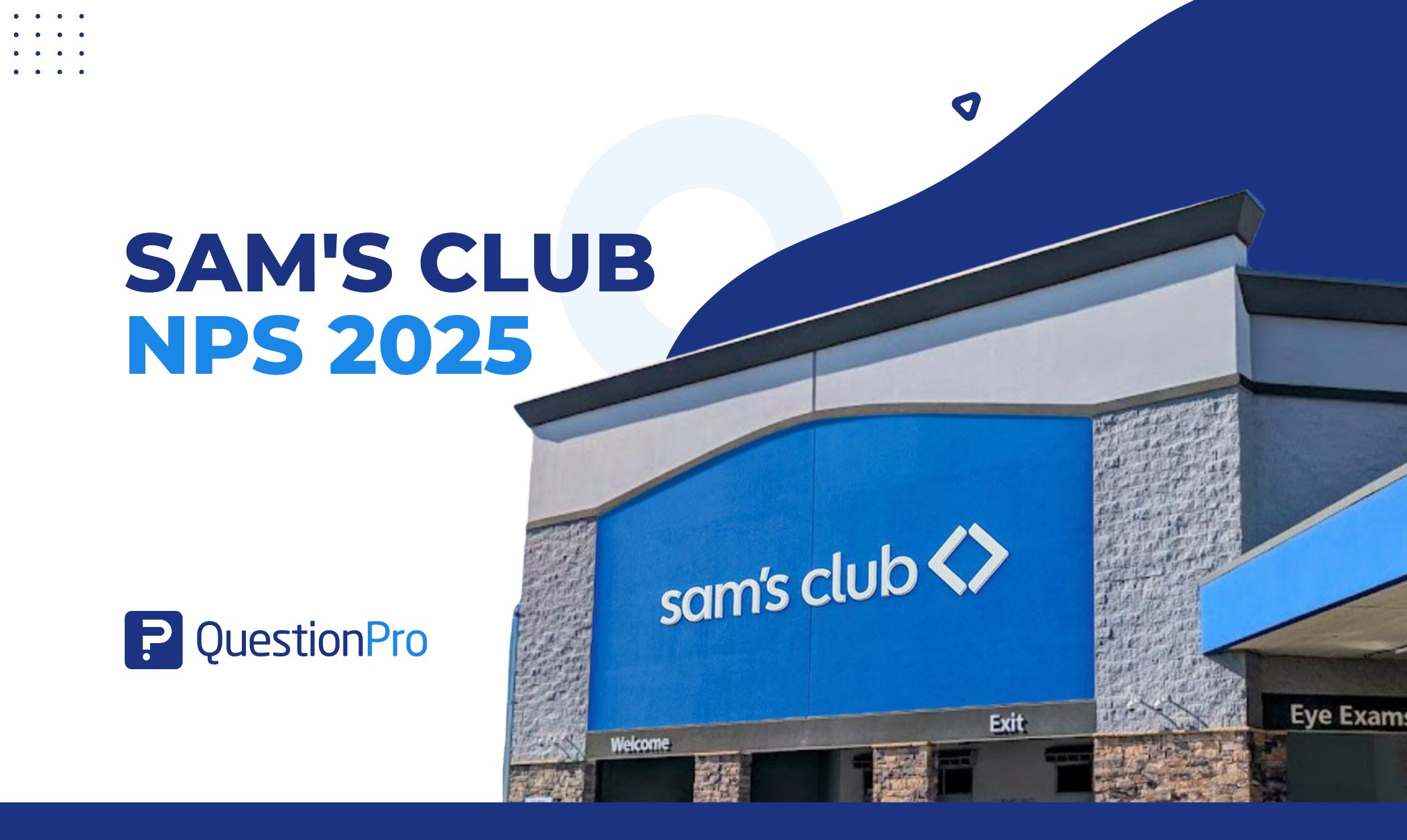
Once upon a time I worked a Fortune 500 job. Everything was very expected. I came in at 9 and left at 5. I didn’t bother linking my creaky Outlook office email with my cellphone. My supervisor was mostly reasonable, generally kind, and never inspiring. Work was very much something I did so I could afford other, more enjoyable and memorable things.
It wasn’t a bad job, especially fresh out of college. I learnt what it meant to hold down a job; to be paid to do tasks that had real monetary value. In school, I was only responsible for this evanescent thing called “grades”. Now I was responsible for managing six-figure purchasing orders which, if processed incorrectly, could severely impact some store and some poor fool soul down the line. Responsibility was thrilling, and paired with a generous learning curve, I had an easy manageable time balancing working life with other “adult” things (i.e paying rent, learning not to rage during commute, and how to deal with marauding ants.)
But then I got bored.
Most entry-level Fortune 500 jobs have very clear and strict job descriptions, which makes it easy to plug new graduates into existing teams. For the company, this is the most efficient and fool-proof way to maintain their workforce. For the individual, it becomes a toss-up. Maybe the strict job description is exactly what you want to do; more often than not, it’s 1/3 interesting and 2/3 tedium. This is not inherently bad especially when you’re starting off, but once you master the initial skills, the learning curve plateaus out quickly. Then it becomes a waiting game for promotions, especially if you’re in an old, traditional Fortune 500 that specializes in uncool products like paper towels and canned tuna.
I could have stuck it out. But patience has never been my strong suit, so I did the obvious 180 thing. I quit and went to a startup.
Unsurprisingly, almost everything changed overnight. I still remember my very first day: I tiptoed in wearing Hong Kong business casual (button down, blazer, bunion-inducing heels) only to almost be immediately bowled over by the CEO/Founder.
“Oh, there you are. Where the [duck] have you been?” He too was wearing a button down, but it was untucked, and his blue jeans were frayed at the ends from being constantly trodden by his Louis Vuitton loafers. Let it be known, I was still thoroughly, successfully intimidated.
I had been hired to support a Chinese expansion project, but in the month-long interval between hiring and showing up, the project had already been derailed. So in what I learnt would be classic startup fashion, management decided to move me from business development to project management.
“You’ll figure it out.” (Famous last words.)
“You do realize I’m a History major, right?”
“You don’t need to code to PM!”
I asked the next obvious question. “So where are the developers?”
“Oh, India!”
I had never managed anyone before, never mind someone halfway across the world.
“Here’s Slack, Youtrack, and of course, Skype. And a few Google docs.”
Another classic startup thing: business development will almost always understate tasks. ‘A few’ Google docs turned out to be a jungle of documentation, product backlogs, user stories, concept mockups, many from over two pivots ago.
“Hi,” I squeaked over Skype that night at 10PM. “How long are sprints again?” My team lead was too polite to laugh and/or cry.
A little more than six months later, here is what I have to say about startup vs Fortune 500 life:
Advantages
- You learn like mad. Someone once told me startup life was like compressing ten years worth of work into two years. Whoever s/he was, they weren’t exaggerating. The learning curve never seems to plateau out and if you get bored, it’s because you can’t focus, not because there aren’t interesting problems to tackle.
- Flexible Management. There’s a tacit understanding in startup life that everyone is more work-horse than human, and so rarely does someone blink if you show up at noon. So long as you get your work done, no one’s going to chase you down and demand you spend 40 hours at the desk. (Although the irony of the situation is, to get your work done, you’re pretty much compelled to spend 60+ hours slamming your forehead against the monitor.)
- Opportunity to fail. Initially I wrote “opportunities to innovate”, but I think that hides the hard reality that you fail more often than not. It’s much better than it sounds. In fact, if your company is willing to take on the risk of allowing you to try new things, you’re one of the lucky ones. Fortune 500 entry-levels are structured so it’s almost impossible to fail, which means the rules are clearly and tightly set. It makes for little mistakes and much boredom. Ironically, having more responsibility and freedom has made me infinitely more invested in my job.
Disadvantages
- Communication goes beyond 5 PM. “Work-life” balance as traditionally defined is a myth in startup culture, especially if you have key team members half-way across the world. (And for the record, there is no way you’re getting anywhere without a product management software. Resign yourself to it.) For better or worse, people expect near-instant replies, and you’ll soon learn to wince at every Slack ping and Skype whoosh. Your CEO/Founder will come up with brilliant (and not so brilliant) ideas at 3 AM and he will let you know it.
- “Standard Operating Procedure” is a luxury. Sure, there will be some common customer cases for which you have already figured out the appropriate solution for. But more often than not, something new will blind-side you, and there’s no real right answer other than to evaluate what information you have at hand and make your best educated (and gut) guess. As a startup, you haven’t firmly carved out your niche yet, so you’re often still scattered across multiple problems and products.
- Beware burnout. Burnout is a very real thing in the industry, as I personally experienced around the seven-week mark. After watching me rat-race-run for about seven weeks, my direct supervisor took me aside and told me, half-wryly, half-bemusedly, that a job was like a marathon. You could sprint sometimes but not all the time, not if you wanted to make it to the end. It’s an apt metaphor and I’ve gotten better at conditioning myself.
Do you know what your employees are thinking? Try one of our employee surveys.







